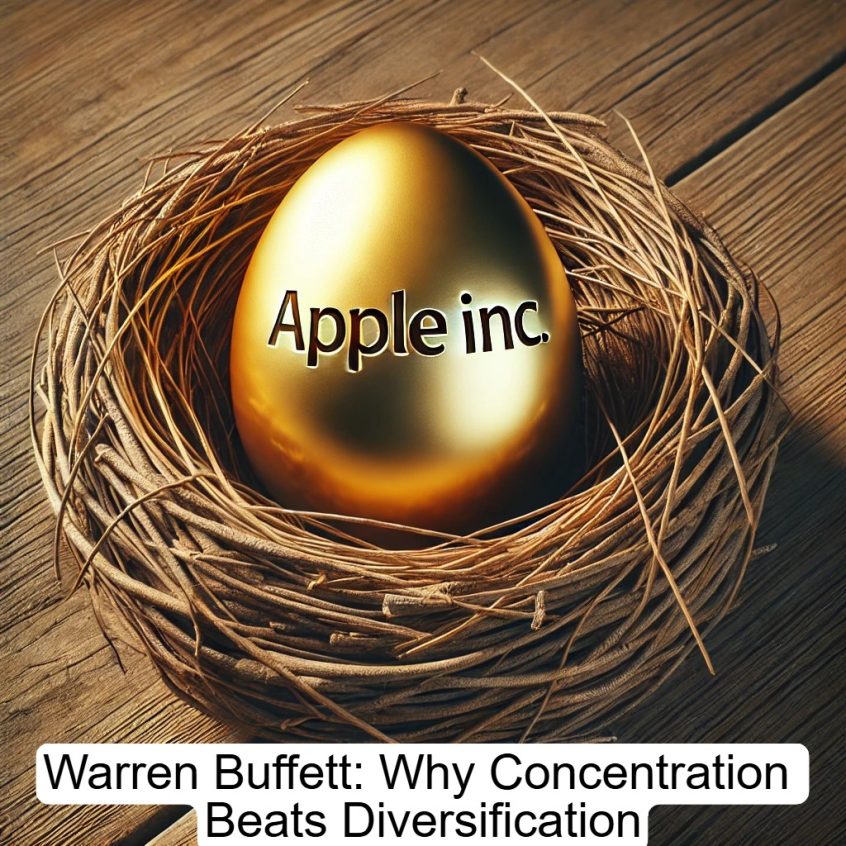In his 1993 Berkshire Hathaway Annual Letter, Warren Buffett explained how he and Charlie Munger figured out early that trying to make dozens of brilliant investment decisions is a losing battle.
As Buffett puts it, “Charlie and I decided long ago that in an investment lifetime, it’s just too hard to make hundreds of smart decisions.”
Instead of scrambling to stay ahead of the market, they focused on waiting for the rare opportunities where they had real conviction. These days, Buffett jokes that they’d be happy with just “one good idea a year,” adding with typical humor, “Charlie says it’s my turn.”
Most investors are taught to diversify their portfolios to reduce risk, but Buffett disagrees. He argues that spreading money too thin across mediocre investments just for the sake of diversification is a mistake.
“The strategy we’ve adopted precludes our following standard diversification dogma,” he writes. “Many pundits would therefore say the strategy must be riskier than that employed by more conventional investors. We disagree.”
His reasoning? If you truly understand a business—its strengths, weaknesses, and long-term potential—then putting a meaningful amount of money into it isn’t reckless. In fact, it’s safer than blindly buying a bunch of stocks just to check the diversification box.
Buffett also takes aim at the way Wall Street and academics measure risk. They rely heavily on “beta,” a metric that tracks how much a stock’s price jumps around compared to the overall market.
But Buffett thinks this misses the point entirely. “In their hunger for a single statistic to measure risk,” he writes, “they forget a fundamental principle: It is better to be approximately right than precisely wrong.”
He gives the example of The Washington Post, which Berkshire bought in 1973 after its stock had plunged. By Wall Street’s definition, the lower price made it “riskier,” but that’s backwards—if you’re buying a strong business at a discount, that’s actually less risky, not more.
The core of Buffett’s philosophy hasn’t changed over the decades. Investing isn’t about predicting short-term market moves or following complex formulas. It’s about thinking like a business owner, not a stock trader.
Risk isn’t about price swings—it’s about the chance of permanently losing money because you didn’t understand what you were buying. And the best opportunities don’t come along often, so when they do, you have to be ready to act decisively.
You can read the entire letter here:
1993 Berkshire Hathaway Annual Letter
For all the latest news and podcasts, join our free newsletter here.
Don’t forget to check out our FREE Large Cap 1000 – Stock Screener, here at The Acquirer’s Multiple:



